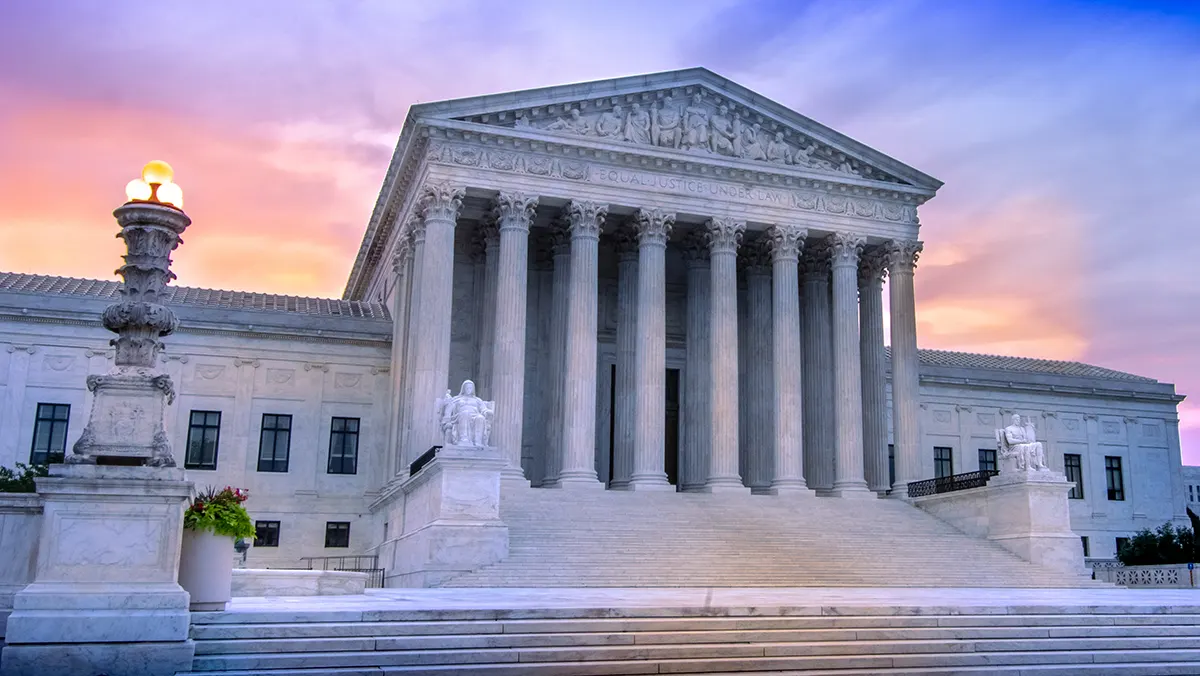I don't disagree with you, but I think a huge part of the reason there are so few African American, Native American, etc. medical students is because there are so few applicants from those communities, because of the enormous number of extra hurdles they have to get over to even get to the point of having a reasonably competitive application in the first place. I am very, very familiar with the literature on who benefits from affirmative action, frankly that's not a secret to anyone, nor would I describe it as "taboo." This is a topic that is ROUTINELY discussed in admissions and DEI offices around the country, and many medical schools have pipeline and outreach programs at local majority POC/low income schools to address this exact issue.
Moreover, I take a little bit of issue with the idea that students/doctors from African immigrant families are somehow a less valuable form of diversity. I have had the privilege to train and work with many doctors who fall into this group. They are excellent people and excellent physicians, and they do still have a unique and valuable perspective that contributes in a positive way to the work environment and to patient care. They still face racism, albeit perhaps in different ways in some cases. Many of them are advocates for racial equity in medical education and in healthcare for all black students and patients, not just the ones from immigrant families.
Not saying there's not work to be done here and certainly not saying affirmative action programs are perfect as is. Affirmative action, even done well, is also nowhere near an adequate solution to this issue on its own. But I think you have kind of an inaccurate view of how medical school admissions teams actually view these sorts of things - your views and ideas here are nowhere near as controversial or taboo as you seem to think they are. Regardless, I don't think throwing the baby out with the bathwater is the right answer.
edit-clarity
Thank you for responding! I really appreciate your post (you have a ton of good points), and I appreciate your willingness to discuss this respectfully. Since I love having discussions about how to make things more equitable for low-income applicants and students of color, I thought I'd just address some of your points.
I agree with you that there are many fewer generational African Americans and Native Americans from Indian reservations applying (obviously due to the enormous hurdles they face), and I understand that there are many outreach programs for these groups. However, there need to be MORE of these programs. Not just more. MANY, MANY MORE. Additionally, while medical schools and colleges predominantly cater to older teens and and people in their 20s/30s, medical schools ideally should put a lot of their money into investing in generational African American young children. Inequities start from birth. For example, while it would be great for a university to offer free MCAT prep courses for Native Americans who live on a reservation, it is important to keep in mind that doing well on the MCAT doesn't start three months before you test when you sit down to study. Doing well on the MCAT starts at birth. Universities should invest a ton of money and effort into under-resourced minority communities that help young children and their families, in addition to helping students who are applying to college/graduate school/medical school. Ideally, I think race-conscious admissions should exist (I am not for "throwing out" affirmative action, I just think that a much larger focus needs to be on generational African Americans and Native Americans from Indian reservations). I guess a main problem I have with affirmative action now is sometimes it can appear that universities are taking the easy way out and not addressing these issues systemically and working to eliminate systemic and structural inequities and racism in under-resourced communities.
Like you, I also think that African immigrant families represent an extremely valuable form of diversity. All ethnic minority groups are so critical to our country's success and contribute to it in so many great ways. I guess what I was trying to say, was that it is only through uplifting economically disadvantaged generational African Americans that one is going to create inter-generational upward mobility and opportunity for children who otherwise may not have it. I guess my main issue with this topic is more targeted at colleges like Harvard and the Supreme Court. For example during the Supreme Court arguments, Justice Sotomayor talked about how Black students were more likely to attend under-funded high schools and have less experienced teachers. This is absolutely true for the overall Black community, but this statistic is not accurate for the Black students who attend Harvard. While they definitely contribute in a very valuable way to diversity, they disproportionately are not growing up in de facto segregated neighborhoods or attending less-funded schools. While there are some that do, the percentage is nowhere near proportional to the percentage that generational African Americans face. This issue may be a bit different in medicine because our overall goal is for patients to relate more to their doctors, and I totally agree that physician-patient race concordance definitely can improve trust and health outcomes for minority communities. As a medical scribe in the past, one time I worked a shift in which both the attending doctor and resident doctor were both generational African American men, and that night they saw many Black patients. I thought this was so amazing, and I thought to myself,
I wish every shift was like this. It was super inspiring to see them treating the Black patients in this ED, as we know that these patients can arguably relate to them better.
While all diversity is absolutely extremely valuable and important, I feel that it really
is a huge problem that we currently do not have many generational African Americans in medicine.
They themselves have experiences and perspectives that literally no other group of people can bring to the table; that is why we so greatly need them in medicine. When a generational African American benefits from affirmative action, that isn't "giving them an advantage in the process", it is literally just
leveling the playing field. However, in terms of the admissions process, when a wealthy minority benefits from affirmative action, I think it definitely could be argued that that is much more of an "advantage" rather than "leveling the playing field". I definitely feel the medical profession is seriously lacking in diversity, and we desperately need more Black doctors. Black doctors from all background are a great asset to any physician workforce, but I still believe that since the majority of Black patients are generational African-American, the physician workforce should be obligated to reflect that.
I still also do take issue with the fact of Asians being considered "over-represented minorities", when in fact some Asian groups are actually under-represented in medicine (i.e. the Hmong population). If you think about it also, some African immigrant groups (i.e. Nigerians) could be said to be "over-represented" in medicine. I myself am not an over-represented minority, but I still really disagree with the ways that Asians are treated in the affirmative action debate. The data from the SCOTUS case regarding how Harvard treated them (from the documents) was really disturbing. Additionally, while you said that admissions committees and DEI offices across the country are very aware of the disparities within groups (i.e. that generational African-Americans are very under-represented at universities), I listened to all the SCOTUS arguments, and it wasn't talked about (although
Students for Fair Admissions, the plaintiff, did write about it in its documents). The Supreme Court oral arguments literally treated every single racial group like a monolith, which is such an inaccurate portrayal of the diversity of our country.
I definitely don't want to be controversial and cause any arguments, but I guess my purpose is just to bring up some talking points that I think are highly worthy of discussion. I think any time a minority is in medicine, it is a great thing. But we must be careful not to label any group a monolith, as no racial/ethnic group is.



